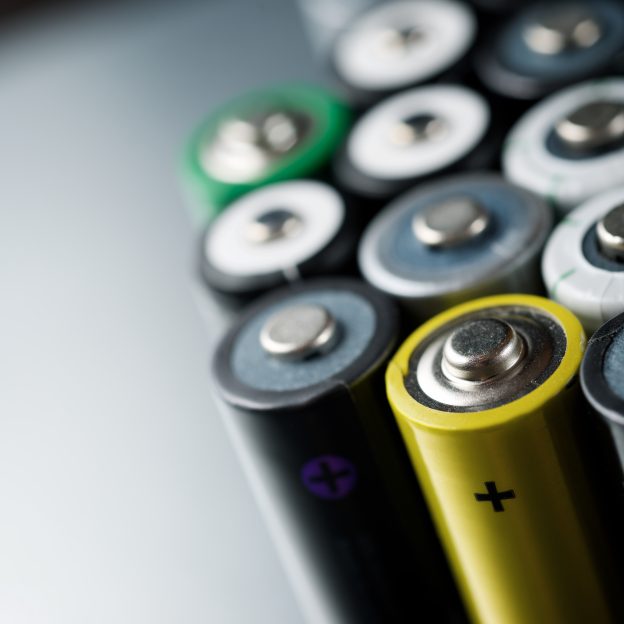
As climate change becomes a global issue, governments worldwide have announced their plans to achieve net-zero emissions by 2050 to deal with increasingly extreme weather events. Taiwan is no exception. On September 2, Taiwan Alliance for Net Zero Emission (TANZE) was founded. During the inauguration ceremony, the alliance announced its goals of office net-zero emissions by 2030 and production base net-zero emissions by 2050. Further, the Environmental Protection Administration (EPA) reiterated to draft a bill for the 2050 net zero goal and would announce relevant plans in September.
The Taiwan Institute of Sustainable Energy (TAISE) plans to establish the Taiwan Net Zero Association by partnering with China Steel Corporation, Chunghwa Telecom, ASE Group, Far EasTone, CTCI, Taiwan Cement Corporation and Ørsted. The association will promote a net zero initiative and promote business transformation through promises, actions, third-party verification, information disclosure, negotiation and education.
Vice President Lai Ching-Te, ambassador at-large Chien You-Hsin, deputy minister of the Ministry of Economic Affairs (MOEA) Tseng Wen-Sheng, EPA deputy minister Shen Chih-Hsiu and several company representatives were invited to the TANZE’s inauguration ceremony. Lai indicated that TANZE has clear goals including office net-zero emissions by 2030 and production base net-zero emissions by 2050. Following the establishment of the alliance, Lai encouraged businesses—particularly SMEs—to join and acquire know-how, technical and professional support, thereby facilitating net zero by 2050.
Tseng, deputy minister of the MOEA, emphasized that achieving net-zero emissions is not only the EPA’s responsibility but closely related to businesses. Three out of the top five Taiwanese contributors to carbon emissions are state-owned enterprises, namely Taipower, China Steel Corporation and CPC Corporation. In addition to its responsibility as the owner of the said companies, the Taiwanese government should set a good example for other businesses.
Tseng added that the government has established a cross-departmental task force for the Net Zero Roadmap project. The team comprises professionals from four sectors (i.e., energy carbon emissions, process carbon emissions, transportation carbon emissions, and carbon negative technology [e.g., afforestation and carbon capture]). For the first time ever, the division of work is decided not by department but by type of work in a governmental agency, signifying a new approach to cross-departmental discussion.
By revealing the government’s intention to strengthen support for business transformation, Tseng mentioned that the MOEA will cooperate with the EPA to launch a greenhouse gas inventory project in 2022 and 2023, whereby the earnings of listed companies will be divided by their carbon emissions to establish a carbon indicator.
Shen Chih-Hsiu, deputy minister of the EPA, suggested that the EPA plans to revise the existent Greenhouse Gas Reduction and Management Act to the Climate Change Response Act, to which the 2050 net zero agenda will be added. The administration will also announce detailed information on the carbon fee charging mechanism and its application to climate change response as soon as possible in September.
As revealed by Lai in his speech, the IPCC warned that catastrophic weather events caused by climate change have increased by 5 times over the past 50 years, leading to 2 million deaths and losses of $3.4 trillion. Meanwhile, climate change is a challenge facing not only the EPA but business industries, finance, and all citizens. In the future, in addition to legislating the 2050 net zero project with specific goals, the government will actively encourage private research, development and investment and work with businesses of all fields. The total revenue of firms attending the inauguration ceremony accounts for more than 40% of Taiwan’s GDP and 20% of greenhouse gas emissions. Therefore, these businesses play a deciding role, and their efforts matter.
Currently, 130 countries have announced a target of reducing emissions to net zero. Eleven organizations and countries including the EU and Japan have made net zero into law. Additionally, the EU will run a trial of the Carbon Border Adjustment Mechanism in 2023 and enact it in 2026. Such carbon scheme implies that industrial and economic issues—along with environmental protection ones—should be considered when developing energy saving and carbon reduction policies.
(The first image is schematic; source: Lai Ching-Te’s Facebook Page)







